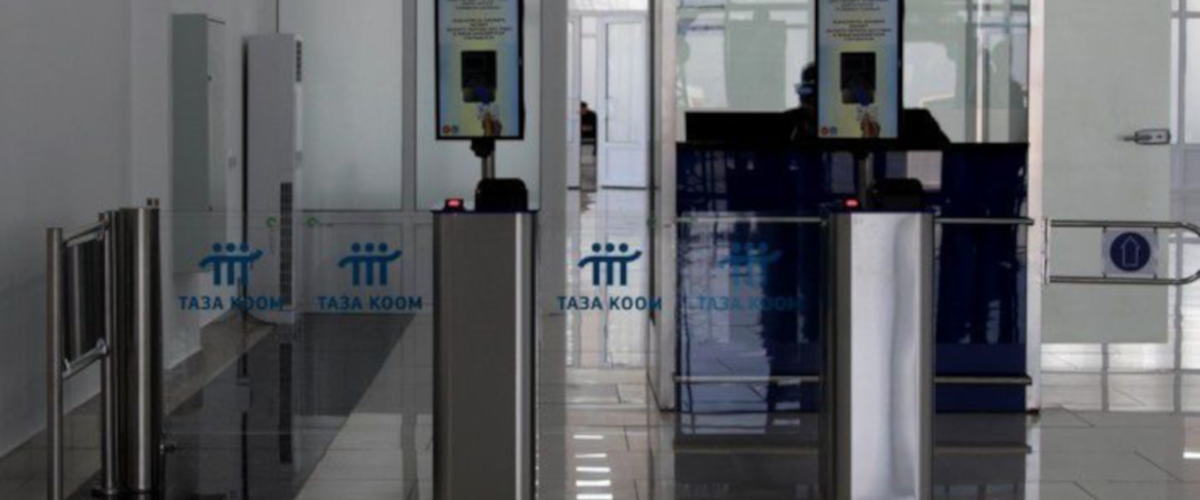
Copenhagen, Denmark (Photo Credit: Photo by Zachary Shakked on Unsplash)
A series of major corruption scandals is testing Denmark’s status as one of the world’s least corrupt countries. How did Denmark develop its law-abiding character, and what sort of sophisticated corruption thrives in Denmark?
There was a time, not too long ago, that Denmark was officially recognised as the least corrupt country in the world. However, a recent series of major corruptions scandals have thrown a shadow over the Danish fairytale.
Denmark’s largest bank, Danske Bank, which holds a third of Danish people’s savings, has perpetrated Europe’s largest money-laundering scandal, with over €200 billion being illegally laundered through its branch in Estonia over a nine-year period. The country was also implicated in the so-called CumEx tax evasion fraud scandal that involved several European countries. Most recently, a senior employee at Denmark’s social ministry was put on Interpol’s chase list and finally caught after she ran off with about €15 million in government funds.
While some argue that these are just a few rotten apples, others believe that there is something more sinister happening in the seemingly incorruptible state of Denmark.
“Denmark has no suitcases of cash floating around,” said Steven Sampson, American social anthropologist, who lives in Denmark, works in Sweden and is married to a Norwegian. Sampson has conducted extensive research on corruption. “Corruption in the Nordics is much more sophisticated,” he said.
Getting to a Decent Denmark Through a Hereditary Monarchy
“Getting to Denmark” is a famous catchphrase introduced by political scientist Francis Fukuyama. It is often used as a metaphor amongst scientists to describe how to transform weak and heavily corrupt states into the mythical Denmark, where trustworthy political and economic institutions reign.
On paper, the country is one of the world’s least corrupt nations. According to the 2018 Corruption Perceptions Index, Denmark was ranked as the first least corrupt nation out of 180 countries.
“The fight against corruption and the establishment of a rule of law has been on the agenda of the Danish rule for more than 350 years,” explained Mette Frisk Jensen, PhD at Aarhus University and leader of the Danish history website danmarkshistorien.dk.
“It began with the establishment of the absolute monarchy in 1660 and a strong state hierarchy with a hereditary king at the top level who set out to guarantee the rule of law,” she said.
“The Danish administration was reorganised and centralised around the king with the recruitment of a corps of loyal civil servants. Bribery, embezzlement and fraud were made illegal, the laws were enforced and the fight against corruption became an integral part of the process of state building in Denmark.”
“This created a new setting for the central administration and ethics amongst Danish civil servants, and during the 19th-century the number of bribery cases were brought to a minimum in Denmark,” said Mette Frisk Jensen.“This is important, as bribery often involves a lot of people.”
In 1813 the Danish state went bankrupt which was followed by a severe economic crisis. Many civil servants were caught in embezzlement. Due to this, the laws and control over civil servants were made stricter during the 19th-century, with both the salary and pension system for civil servants amended to the benefit of civil servants, which also increased to their loyalty to the state.
“Because of this and other amendments, we have had low levels of corruption for many years allowing us to finance and shape the society we have today – and to trust each other,” said Jensen, adding that “it is difficult to export the Danish model to other countries. And Danes as people are greedy like everyone else.”
Nordic Trust and Sophisticated Corruption
Denmark and other countries have been heralded as uniquely trust based communities which – according to scientists – have contributed to the generally low levels of corruption in the Nordics.
A 2016 survey by the Organisation for Economic Co-operation and Development (OECD) asked people from different member countries how much they trust each other. Denmark reported the highest level of trust with 75 per cent of Danes trusting each other.“Nordic countries have extraordinary faith in the state and they depend on the state apparatus. If I want to kill myself or if my wife is beating me, I will reach out to the state instead of my community,” said Steven Sampson, arguing that Danes have a “governmentality” where the state is inside their head.
But perhaps this unique Nordic trust may be a weak currency faced with the challenges of corruption.
Francis Fukuyama coined it as: “Everyone would like to figure out how to transform Somalia, Haiti, Nigeria, Iraq or Afghanistan into ‘Denmark’. But the Danish model is neither incorruptible nor flawless,” argued anthropologist Steven Sampson.
“It depends on our definition of corruption. If we limit the definition to bribery we get one kind of rank order – or beauty contest so to speak – with Denmark on the top and Somalia on the bottom,” said Steven Sampson and elaborated: “But if we extend the definition of corruption, Denmark, Afghanistan, and Somalia are different variations of a theme.”
He thinks we are going to many more cases in the future: “I think it is a trend. We will see more cases of corruption where public resources are used to pursue private interests and nepotism is used to get access to information.” The “sophisticated Nordic style of corruption” is thriving in Denmark, he said: “It has to do with people gaining access to information, jobs, positions, grants, contracts and cheap apartments where small groups of people are kept in the circle and most others are kept out. Here people are good at finding ways around transparency and openness to make these kinds of secretive or closed networks. If it happened in other countries it would be called corruption, in Denmark, it’s called networking.”

